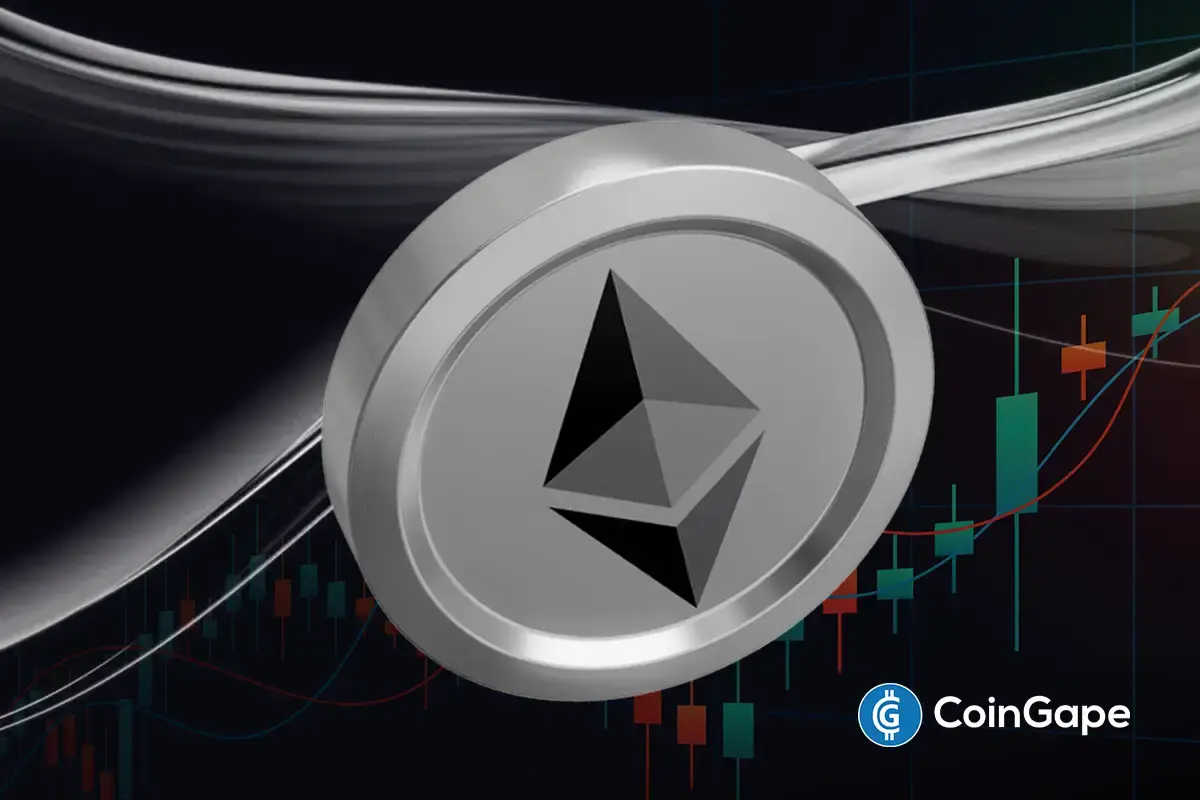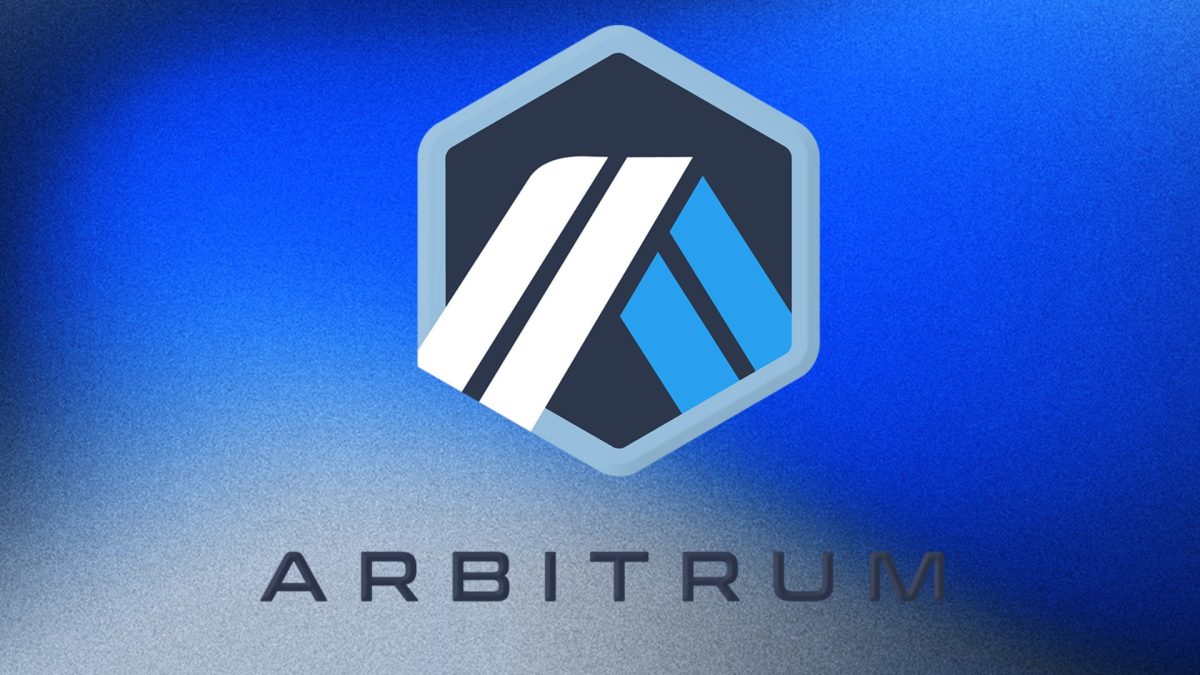Can “Code is Law” Hold Up in Court? Examining the Eisenberg DeFi Trial
Description:
In a landmark trial that will open later today in New York, crypto trader Avi Eisenberg faces charges of criminal fraud and manipulation that could have significant implications for the decentralized finance (DeFi) sector. The trial, set to last two weeks, involves a jury of 15, including a rare books seller and an elementary school teacher.
Examining the Eisenberg DeFi Trial:
As the DeFi sector continues to gain traction and reshape traditional financial systems, the legal implications surrounding the industry are being closely scrutinized. Avi Eisenberg’s trial represents a pivotal moment in this ongoing discussion.
Central to the case is the concept of “Code is Law,” a commonly cited principle within the blockchain community. This principle suggests that the rules and outcomes of decentralized systems, such as smart contracts, are enforced by code rather than by legal or regulatory bodies.
However, Eisenberg’s trial challenges this notion by raising questions about the accountability and responsibility of individuals operating within decentralized systems. If convicted of criminal fraud and manipulation, Eisenberg’s case could set a precedent for future legal actions against actors in the DeFi space.
Furthermore, the composition of the jury, which includes individuals from diverse backgrounds such as a rare books seller and an elementary school teacher, reflects the complexity of the legal issues at hand. The jury’s decision will not only impact Eisenberg’s fate but could also influence the future development and regulation of the DeFi sector.
Impact on Individuals:
For individuals involved in the DeFi sector, the outcome of the Eisenberg trial could have far-reaching consequences. If the principle of “Code is Law” is challenged in court, it may lead to increased scrutiny and regulation of decentralized systems, potentially limiting the autonomy and innovation that have characterized the industry.
Impact on the World:
On a broader scale, the Eisenberg trial has the potential to shape the regulatory landscape of the global financial sector. A ruling against Eisenberg could signal a shift towards greater oversight and control of DeFi platforms, impacting not only individual traders but also the broader economy.
Conclusion:
The Eisenberg DeFi trial is poised to be a defining moment for the decentralized finance sector, as it raises fundamental questions about the intersection of code, law, and accountability. The outcome of this trial will undoubtedly have ripple effects on the industry as a whole, impacting both individual participants and the broader financial ecosystem.





